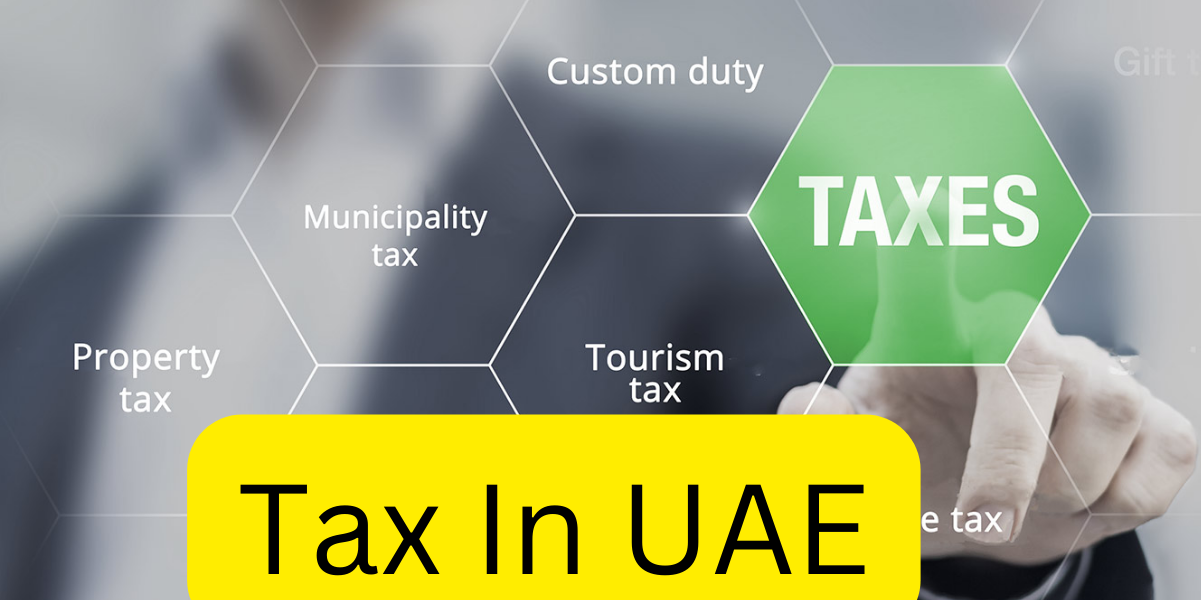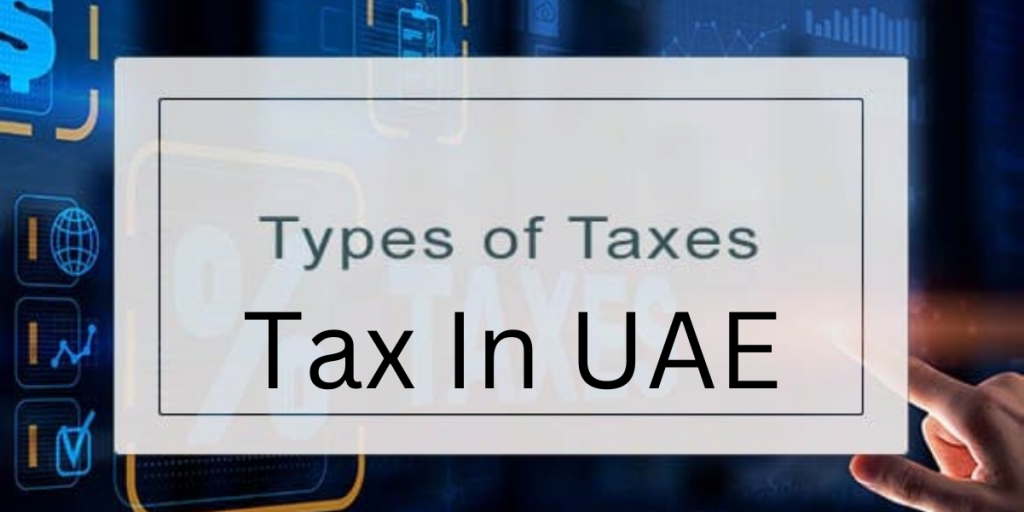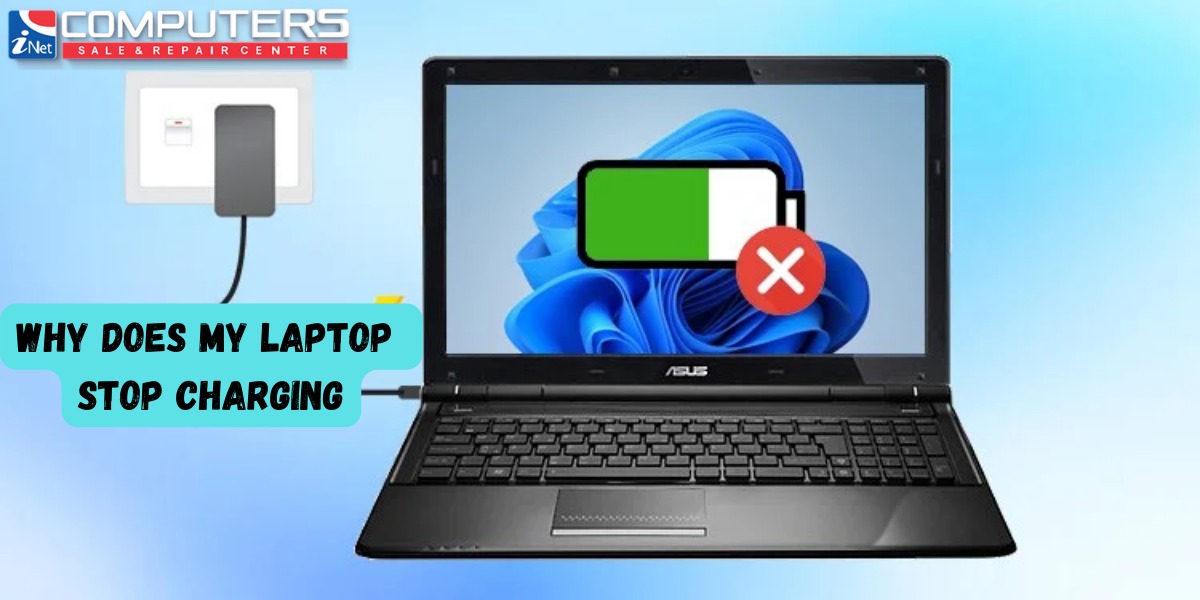How Much Tax in UAE

Tax in UAE As a business, you may be wondering how much tax you’ll have to pay in the UAE. In this blog post, we’ll take a look at the different taxes that businesses must pay in the UAE and how these taxes are calculated.
We’ll also provide a guide on how to reduce your tax burden in the UAE. So whether you’re an online store looking to set up shop in the UAE or an offline business looking to expand, read on for everything you need to know about tax in the UAE.
What is Taxation in the UAE?
Taxation in the Tax in UAE is levied by both Federal and Regional Governments. All economic activities are subject to taxation, including trade, transportation, banking and insurance, real estate, manufacturing and service industries.
Taxation in the UAE is progressive with higher income earners paying a higher percentage of their income in taxes than those with lower incomes. There are no personal or corporate tax exemptions and tax rates vary depending on an individual’s taxable income.
The Federal Government collects taxes through direct taxation (such as income tax and value-added tax) as well as indirect taxation (such as excise duties). The Regional Governments collect taxes through direct taxation (such as property tax), sales tax and value-added tax.
In addition to these general taxes, some Municipalities levy specific local taxes such as luxury vehicle registration fees.
The Federal Government Tax in UAE also manages several social programs such as Social Security Levy, General Insurance Scheme, Disability Insurance Scheme and Housing Loan Scheme which help to reduce poverty levels and support the nation’s development goals.
How Much Tax Do You Pay in the Tax in UAE?
In the UAE, personal income tax rates are as follows:
0% on the first AED150,000 (USD37,500) of taxable income
5% on the next AED225,000 (USD59,000) of taxable income
10% on the next AED450,000 (USD129,750) of taxable income
15% on the next AED600,000 (USD167,500) of taxable income
What Are the Different Types of Taxation in the UAE?
The UAE has a number of different types of taxation which includes personal income tax, corporate income tax, property tax, and value-added tax. In addition, the UAE imposes a luxury goods and services tax (LGSST) on selected items.
Personal Income Tax in the UAE
The UAE Personal Income Tax system is based on an annual income threshold and a progressive rate structure. The individual’s annual taxable income is calculated based on his/her total taxable earning within the previous year.
The taxable income is then multiplied by a specific rate which ranges from 0% to 10%. The higher the taxable income, the higher the rate of tax applied. For individuals who earn wages or salaries, social security contributions (SSCs), rental income, business profits or other forms of remuneration, they are required to withhold 20% of their gross salary or wage into an individual account pending full payment of taxes due. Self-employed individuals are also required to pay self-employment taxes equivalent to 15% of their net profits.
Lower Your Tax/taxes – Lower your tax bill. Compare the best tax-saving ideas to lower your income tax and maximize taxes deductions.
Corporation Income Tax in the UAE

Tax in Spain Corporations operating in the UAE are subject to corporate income tax at a rate of 21%. The corporation’s taxable profits are determined after deductions for costs related to its business such as employee salaries and benefits, rents, depreciation allowances, etc. Deferred taxes are also taken into account when calculating profits for taxation purposes. In addition to corporate income tax, some businesses may also be subject to Value Added Tax (VAT) at
What are the Benefits of Living in an Emirates Emirate?
- The benefits of living in an Emirates Emirate include:
- Low cost of living.
- Beautiful surroundings.
- Efficient government services.
- High quality of life.
computer repair near me
Apple MacBook Repair Service
Laptop Hardware Repairs





